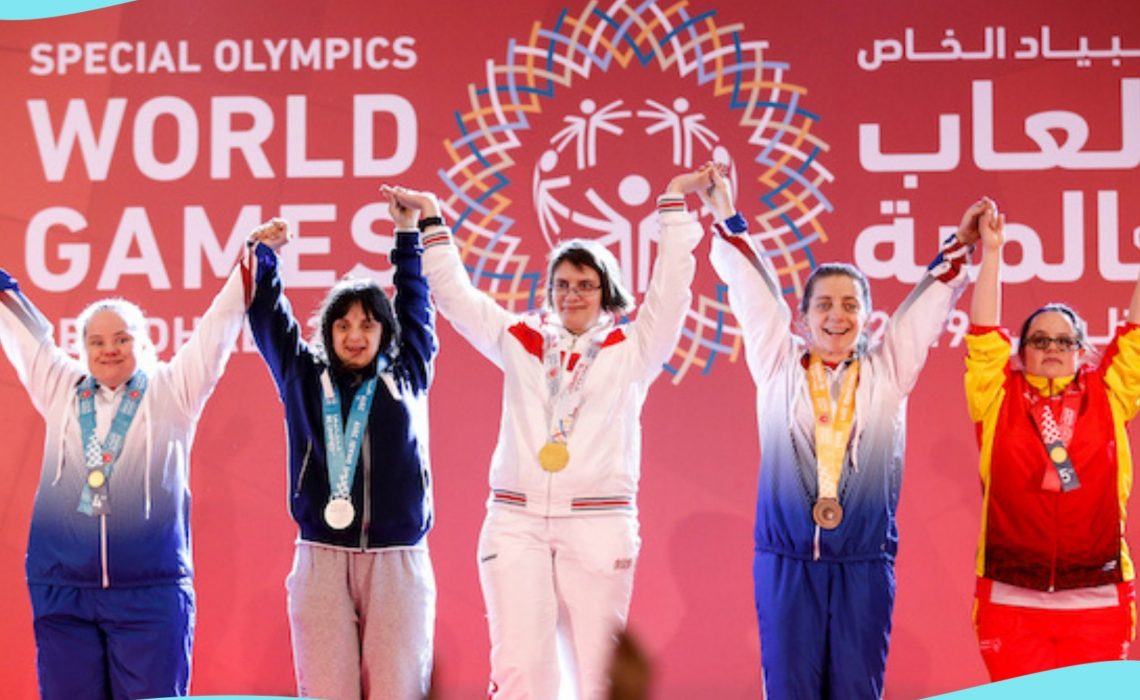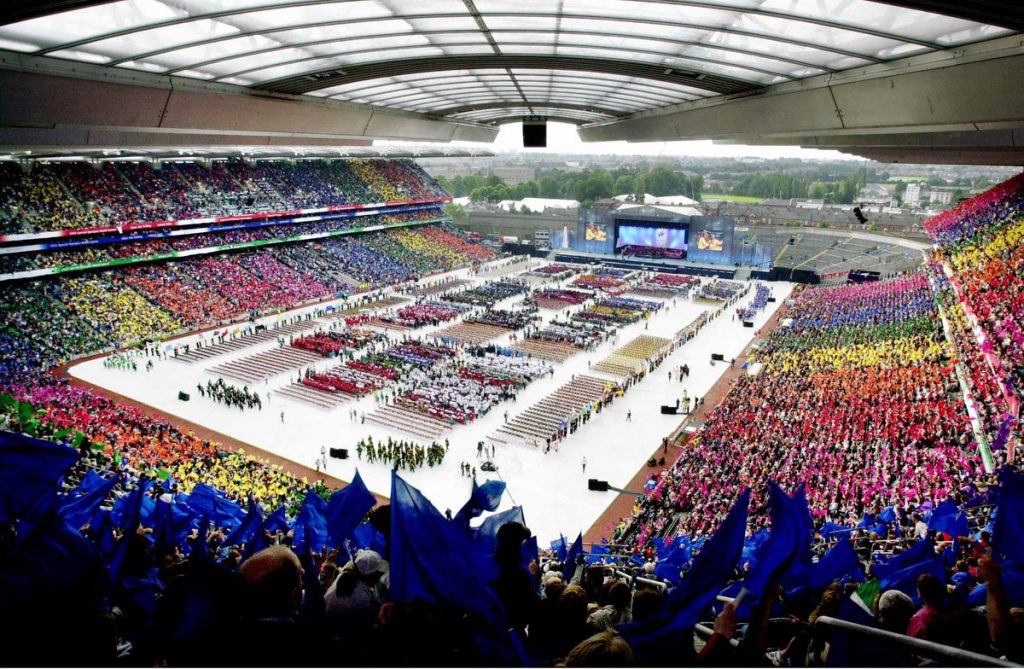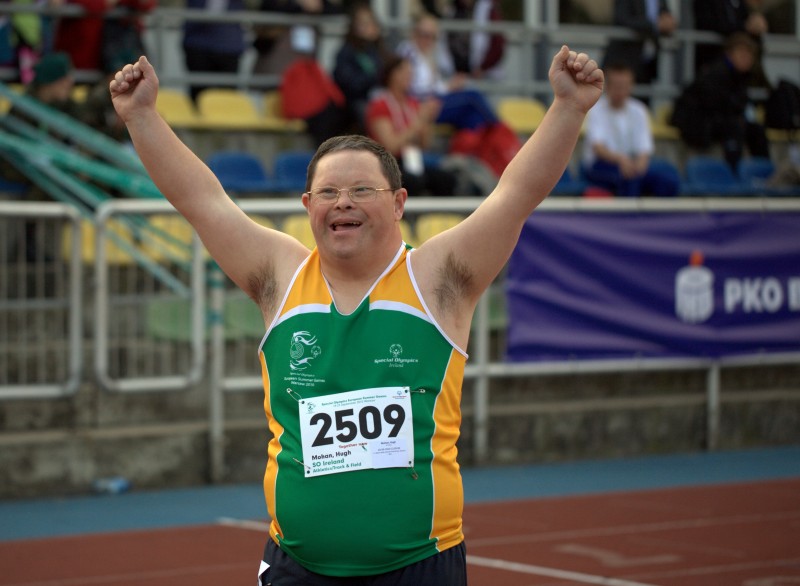
As the CEO of the Special Olympics, Mary Davis is leading an inclusion revolution.
The Special Olympics originally began as an informal summer camp in the early 1960’s, in Eunice Kennedy Shriver’s backyard. As the sister to then-president John F. Kennedy, Eunice quickly gained national recognition and so did her project.
Seven years after it first began, the Special Olympics held its first official Games at Soldier field in Chicago. On July 20th, 1968 one thousand athletes with learning disabilities stepped into the stadium to make history. It was a new beginning for persons with disabilities, as this was one of the first official large-scale opportunities to celebrate them specifically.
Since then, it’s grown exponentially. There are now over 5.5 million athletes from 193 different countries who compete in over 100,000 unique Special Olympics Games and programs. This inspiring expansion is due to the efforts of the Special Olympics leadership and their global revolution of inclusion.
Mary Davis began volunteering with the Special Olympics shortly after graduating college. There was something amazing about these athletes, which she later identified in an interview: “It’s the atmosphere and the feeling of positivity that people with a learning disability bring when they enter a room, when they’re in your company, when they’re in your society, when they’re in your home.” (Transformed Ireland: 2003 Special Olympics World Games)
She continued to volunteer and coach at the Special Olympics for years to come, eventually rising to become the CEO of Special Olympics Ireland. In her role, she orchestrated the first World Summer Games outside the U.S., bringing 7,000 athletes into her home country’s capital, Dublin, in 2003.
“The vision was to stage a Games that the athletes would be proud to participate in and Ireland would be proud to host,” Mary Davis recalled. Both were achieved. At the opening ceremony, athletes from 160 countries smiled ear to ear, waved flags, and proudly marched across a stadium with 30,000 enthusiastic onlookers and volunteers.

John O’Donoghue, the Minister for Sport and Tourism at the time, spoke of the sweeping positive transformation these Games provided: “The entire country joined in the celebration. And I think that it represented a cleansing of the soul; it was good for the heart…The athletes have left an indelible mark on the soul of the nation.”
Others noted that the Games were a conduit for healing and bridge building: “It was probably the first time that many of our [Irish] police officers worked so closely with the police officers of Northern Ireland and established good, close, friendly relationships with them.”

Since the 2003 Games, Mary Davis has continued to foster compassion, empathy and understanding through a myriad of initiatives and programs aimed at including, incorporating and celebrating people with mental disabilities. She has a big vision for the future:
“We need to expand our work because at the moment we have about 6 million athletes in the program who are people with intellectual disability. But when you think that there are up to 200 million people in the world with intellectual disability, we have a lot of expansion to do, and we need to look differently about how we’re going to do that work as well, and really move into the digital space.”
The future is exciting for the Special Olympics, and all of us who love it!
